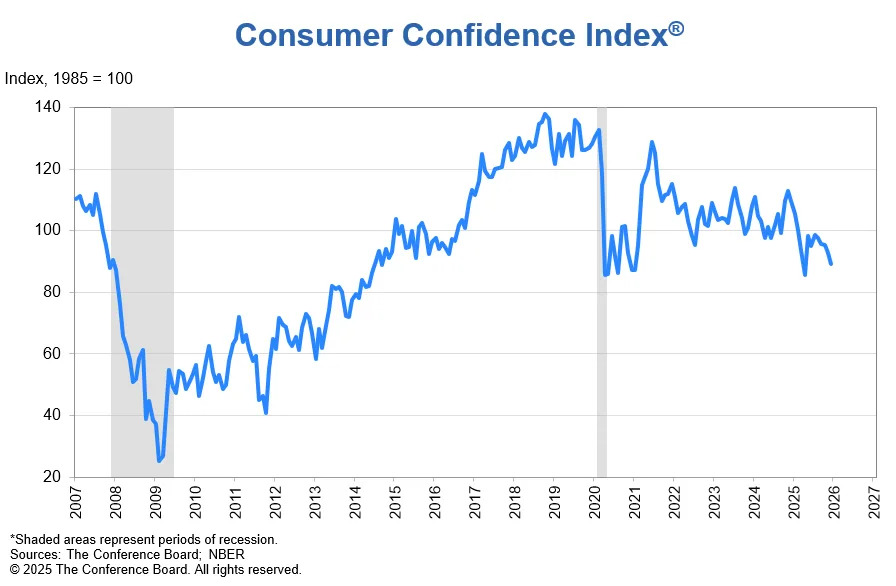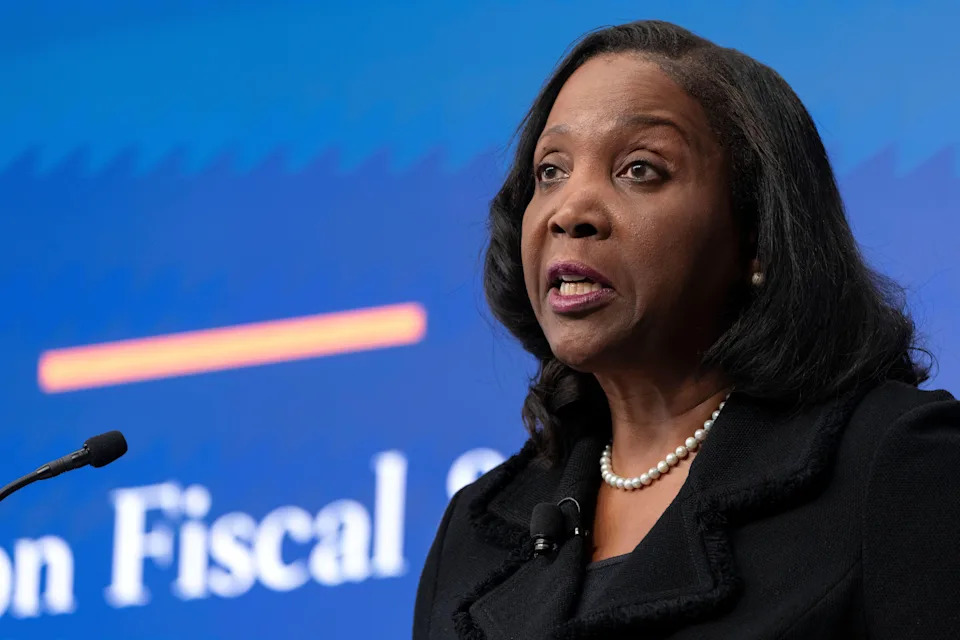
Ethereum Foundation shifts focus to user experience, layer-1 scaling
Key Points
- Ethereum Foundation shifts focus to user experience and layer-1 scaling post-leadership reshuffle.
- Vitalik Buterin steps back from daily operations to focus on research, proposing privacy and performance enhancements for Ethereum.
- Foundation targets near-term protocol upgrades to address user experience and scaling challenges.
Summary
The Ethereum Foundation has recently undergone a leadership reshuffle, leading to a strategic shift towards enhancing user experience and tackling layer-1 scaling issues. Co-executive director Tomasz Stańczak highlighted that this change allows Ethereum co-founder Vitalik Buterin to dedicate more time to research and exploration, rather than managing daily operations. Since stepping back, Buterin has proposed significant upgrades to Ethereum's privacy and performance, including a privacy roadmap and changes to the Ethereum Virtual Machine's contract language to boost efficiency. The Foundation is now focusing on near-term goals like protocol upgrades, with emphasis on layer-1 scaling, support for layer-2 solutions, and improving user experience through upcoming upgrades like Pectra, Fusaka, and Glamsterdam. These efforts aim to not only address immediate challenges but also pave the way for long-term projects that could revolutionize Ethereum's execution and consensus layers.
cointelegraph
April 21, 2025
Crypto


